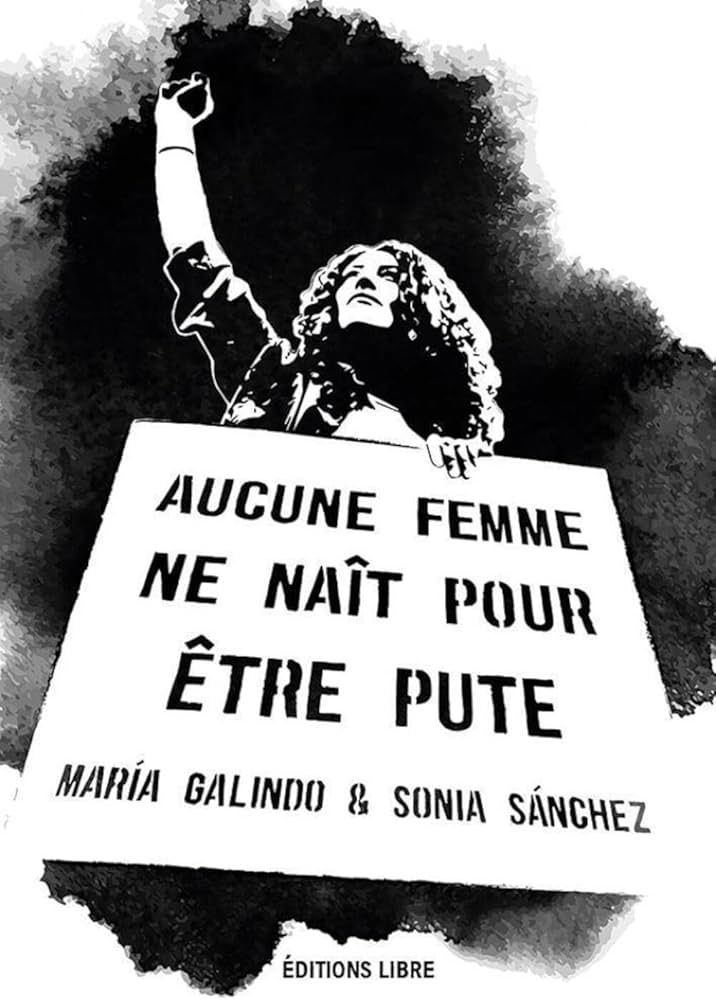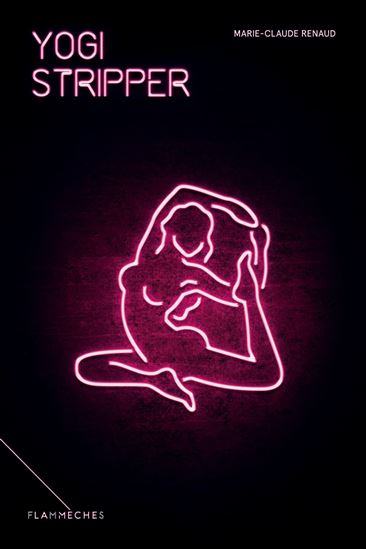Explore bibliotherapy: Understanding therapy through books
By Erika
Translated by Adore Goldman
Bibliotherapy, or therapy through books, is a therapeutic approach that uses reading to help individuals in their journey through various psychological, emotional, and/or personal difficulties.1 This method aims to initiate an internal process through directed reading, allowing the readers to find resonance in the stories and better understand their own experiences.2 It seeks to fill a gap by creating an echo between the text and personal lived experiences. According to Marcel Proust, bibliotherapy is a “curative discipline,” capable of stimulating psychic and emotional vitality, thus suggesting its potential to awaken inner resources in readers.3
In this sense, reading becomes a regenerative force and an essential aid in restoring psychic and emotional vitality.4 For some people, reading is primarily an intimate moment, a tête-à-tête with the book and with oneself.5
Reading also helps overcome difficulties, with a long list of benefits. Reading meets a variety of needs, whether they be for repair, qualification, self-affirmation, confirmation, glorification, projection into the future or past, sublimation, exploration, identification, education, disidentification, depersonalization, and more.6
Why bibliotherapy?
The reasons and goals of the approach
The initiative of bibliotherapy, specifically by and for SWers, takes on its full meaning within the context of SWAC’s annual magazine. The books and (auto)biographical references offered aim to foster a sense of community and reduce the loneliness SWers may experience, whether caused by geographical or psychological isolation. Thus, this bibliotherapy not only addresses readers’ individual issues, but also serves as community cohesion.
The books proposed will be presented with a summary to help better understand my personal reflections, in which I will share the emotions and impacts these readings had on me. My goal is not only to convey the content of these works, but also to show you how they made me feel. This approach seeks to not only introduce the books, but also create a more intimate connection, showing how these stories resonate in my own journey. I hope these shared experiences touch you, provide comfort, inspiration, or simply a moment of connection, thereby bringing us closer and strengthening our sense of community and solidarity as SWers.
Who am I?
What experiences shape my reflections?
I am a cisgender, heterosexual, middle-class white woman from the South Shore of Montreal. I am a psychosocial interventionnist engaged in the field of sex work, with three years of experience working at a community organization that is dedicated to improving the living conditions of SWers. My ongoing academic background, a certificate in feminist studies, another in critical sexuality studies, and a bachelor’s degree in sexology, allows me to approach issues facing SWers from an intersectional perspective. I have contributed to various research projects related to the community, with COCQ-SIDA. Additionally, my personal experience of ten years in the sex industry, including two years in an escort agency and eight years as a part-time independent escort, enriches my understanding of the realities of SWers. This combination of academic, professional, and personal experiences provides me with both theoretical and practical insights into sex work issues, while remaining grounded in real-world realities.
Reading to reconnect
Towards a community bibliotherapy

Ninguna mujer nace para puta, María Galindo and Sonia Sanchez, 2007
SUMMARY: The phrase originated in Bolivia and spread to Argentina. “No woman is born to be a whore” is the slogan on a banner carried by María Galindo and Sonia Sánchez during protests and debates. It is also the title of this book, in which these two figures of contemporary Latin American feminism analyze, from the perspective of the whore, the political, ideological, and philosophical processes that push prostitutes out of public life. This deep immersion into the world of prostitution offers the reader new analytical concepts. The authors openly denounce all the profiteers of this system: the “prostituters” (the state and patriarchy) and the parasites (unions, churches, and NGOs). By defining “the street” as a political territory, they propose new ways for SWers to form connections, organize and rebel.
PERSONAL REFLECTION: I found this book particularly enlightening from a cultural perspective, as it offers a glimpse into the reality of SWers in Latin America, a context I was unfamiliar with prior. What struck me most was the way the authors highlight the role of government institutions and the state in maintaining the precarity of sex work. They rightly emphasize that despite minimal government aid, such as food and condom distribution, the state fails to provide real opportunities for education and training, further exacerbating SWers vulnerabilities.
The authors do not only emphasize and denounce profiteers, they also offer ways to transform this reality. By defining the street as a political territory and encouraging organization and rebellion, María Galindo and Sonia Sanchez provide powerful tools for empowering Bolivian SWers. This constructive and militant approach resonates deeply with me because it exhibits our ability to act and advocate for the rights of our community. Ninguna mujer nace para puta is thus a source of inspiration and a call to action for more recognition and better working conditions for all SWers.
Yogi Stripper, Marie-Claude Renaud, 2023
SUMMARY: “It wasn’t just the money that made it enjoyable. All this desire focused on my little self intoxicated, poorly nourished ego… in addition to the sensory, sensual, and sexual pleasures that reached levels never before explored.” The ups and downs of an improbable double life. From her beginnings as a stripper in countryside bars to her success in Montreal’s largest clubs, Marie-Claude Renaud reveals the behind-the-scenes of this sultry world, frankly and without judgment. With spontaneity, she opens up about her difficult relationships with addiction, food, her body image, and recounts her tumultuous explorations of psychedelic drugs. Finally, having found relative peace in yoga, she also discovers a certain hypocrisy to the yogi community, which she does not hesitate to denounce! Honest, captivating, funny, and highly sincere, Yogi Stripper invites us into a life governed by an irresistible need for freedom.

PERSONAL REFLECTION: The author immerses us into the backstage of her double life with great sincerity, revealing the ups and downs of her journey in the world of Montreal’s strip clubs. What particularly struck me was her refreshing honesty when it came to her approach to managing her addictions and her relationship with psychedelic drugs. She openly shares her challenges with drug use, both in her personal life and through her work, offering a rare and valuable insight into this reality.
Marie-Claude Renaud does not shy away from addressing the bodily pressures one can feel in the industry, which can affect our body image and eating habits, describing how these aspects can influence our well-being. Her story, both frank and impactful, is filled with emotions and humor, making difficult subjects more accessible and less taboo. The way she explores her internal contradictions and personal discoveries, especially her experience with yoga and the hypocrisy she encountered, adds an extra dimension to her testimony.
Yogi Stripper is an inspiring read that offers an honest and liberating perspective on the challenges we may face in our work. The book encourages self-reflection and personal growth, while addressing often hidden aspects of our professional reality with lightness and authenticity.

Balance ton corps : manifeste pour le droit des femmes à disposer de leur corps, Bebe Melkor-Kadior, 2020
SUMMARY: This book is the manifesto of Bebe Melkor-Kadior, an Afro-feminist sex worker, who argues for body freedom and unashamed sexuality. After the #MeToo movement and the liberation of speech around female sexuality, new voices of pro-choice feminism are rising. Bebe Melkor-Kadior is one of them. At only 24 years old, her extensive experience as a sex worker and her inclusive vision of feminism led her to develop her life philosophy: the great principles for being a slut, a sharp critique of our “prude society”, a plea for sex education for young people and the emergence of positive masculinity. Throughout the text, the author lays the foundations for her ideal world: a society where sex is no longer taboo but a topic like any other, taught in schools to create enlightened citizens. A tangible testimony that shapes a new feminist thought, challenging and of its time.
PERSONAL REFLECTION: Bebe Melkor-Kadior’s manifesto offers a refreshing and bold perspective on sex work, sexuality, and feminism. Her Afro-feminist approach brings a crucial intersectional dimension often overlooked in mainstream discussions on these topics. The author skillfully weaves together sex education, positive masculinity, and a sexually liberated society, offering an innovative vision that will resonate with many SWers. Her proposal for a society where sex is no longer taboo, instead a topic like any other, is both stimulating and necessary. Her vision of positive masculinity is a fascinating aspect of the book. She explores how challenging mainstream toxically masculine behaviours can improve gender relations and help destigmatize sex work.
What makes this book particularly appealing to SWers is the way Bebe Melkor-Kadior directly addresses the realities of the industry. She provides a candid, non-judgmental look at sex work while advocating for greater recognition of our rights. Although her vision may sometimes seem idealistic, it inspires one to imagine and work towards a world where sex work is recognized, respected, and integrated into our social fabric like any other profession.
Devenir perra, Itziar Ziga, 2009
SUMMARY: Itziar Ziga grew up in a neighborhood in the Spanish Basque Country, surrounded by toxic clouds and neon green wastelands. She loves feather boas, sometimes dresses up as a trucker, and refers to herself as a bitch. This book exudes a contagious freedom and enthusiasm. It is a testimony of joyful activism marked by cross-dressing and street performances, and carries the brutal demands of those who remain on the margins of a society that condemns them.
Prefaced by Virginie Despentes and Paul B. Preciado, Devenir perra is both a collective portrait and an autobiographical essay. Itziar Ziga describes the experience of a subversive femininity, hyperbolic and humorous. Prostitution, veiling, sexuality, trans identity, and social precariousness are themes that run through the text, in a resolutely intersectional and anti-assimilationist approach.

PERSONAL REFLECTION: This is a true literary punch that promises to shake and inspire SWers, alongside anyone who challenges societal norms. This book is a bold, uncompromising celebration of subversive femininity and queer activism. The intersectional framework of the book is another strong point. By weaving together themes like trans identity, social precariousness, and marginalized sexualities, Itziar Ziga creates a rich and complex portrait that reflects the diversity of experiences within SWers’ communities.
For SWers seeking a read that validates their experiences while pushing them to reflect and act, Devenir perra is a must. It is a manifesto for those who remain at the margins, and a call to pride and solidarity.
Bibliographical references
Bebe Melkior-Kadior. (2020). Balance ton corps: manifeste pour le droit des femmes à disposer de leur corps. La Musardine.
Itziar Ziga. ( 2009). Devenir perra. Editorial Melusina.
María Galindo and Sonia Sanchez. (2007). Ninguna mujer nace para puta. Lavaca.
Marie-Claude Renaud. (2023). Yogi stripper. La Mèche.